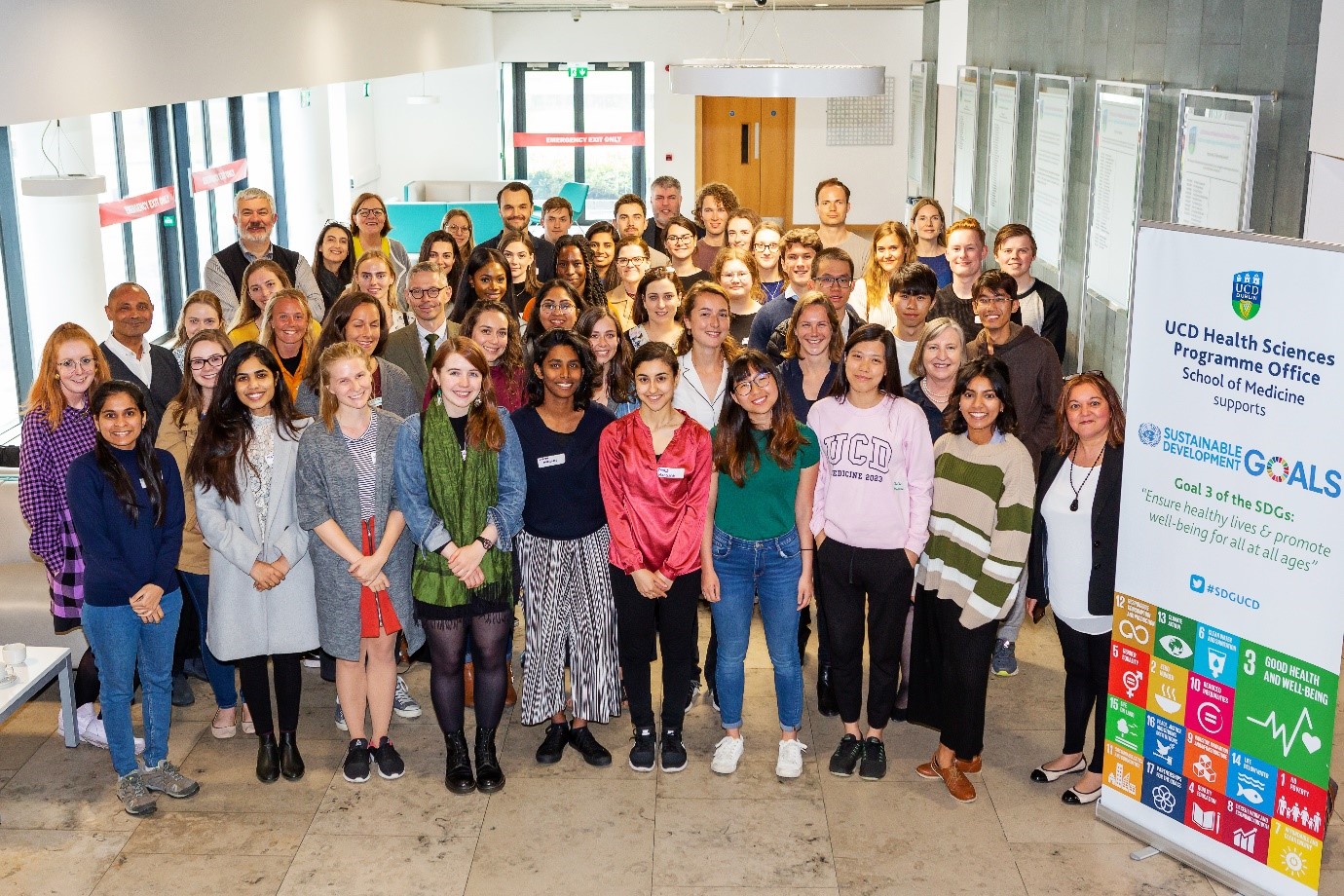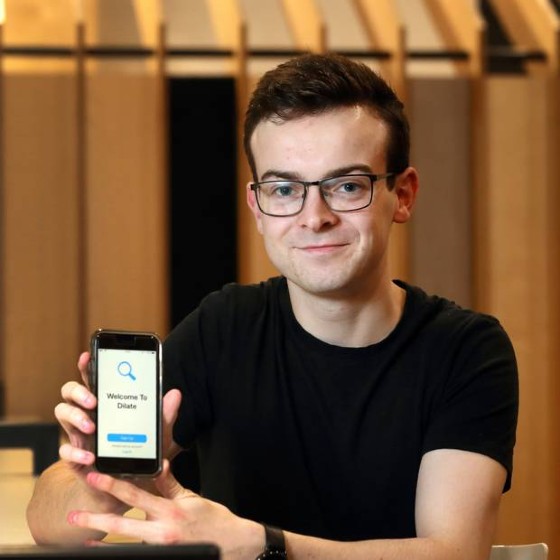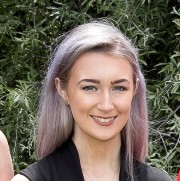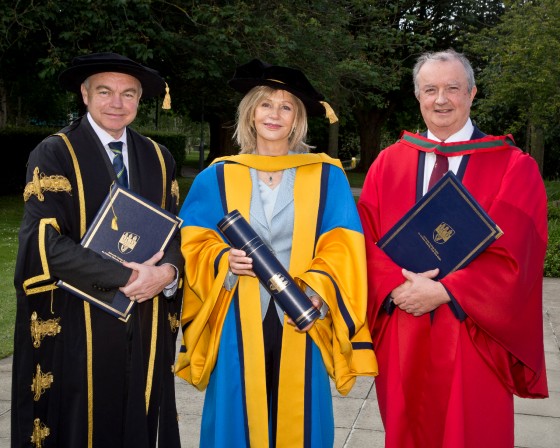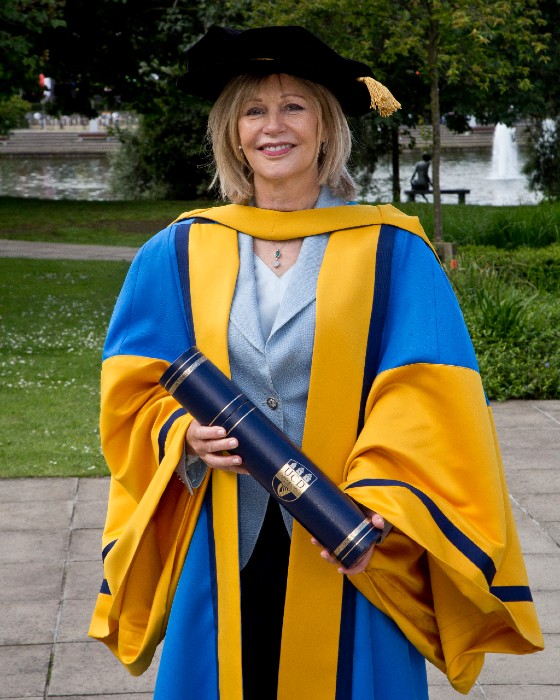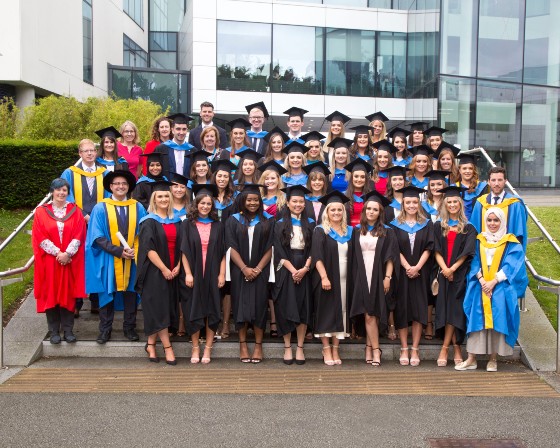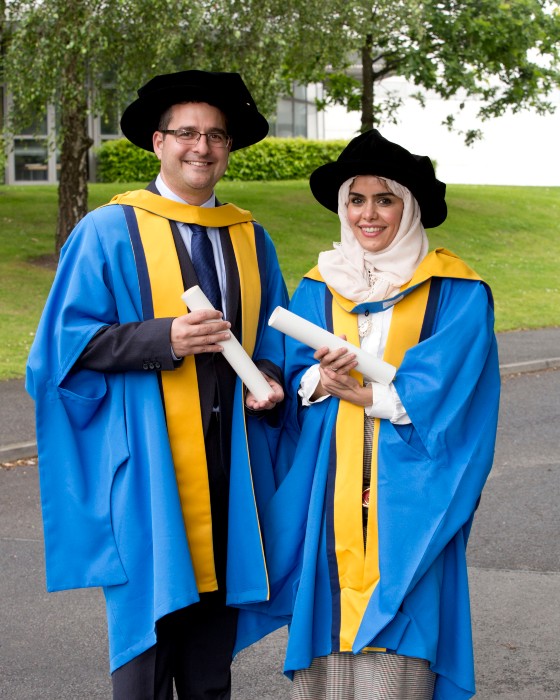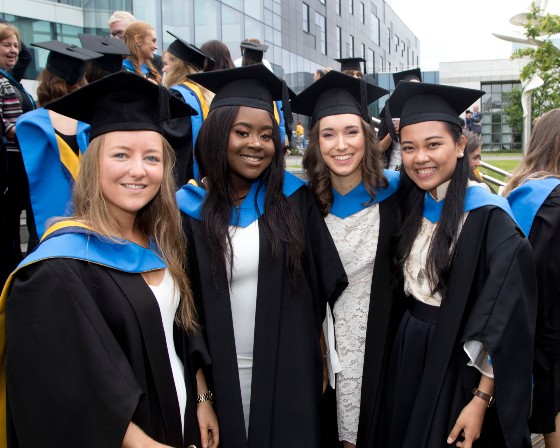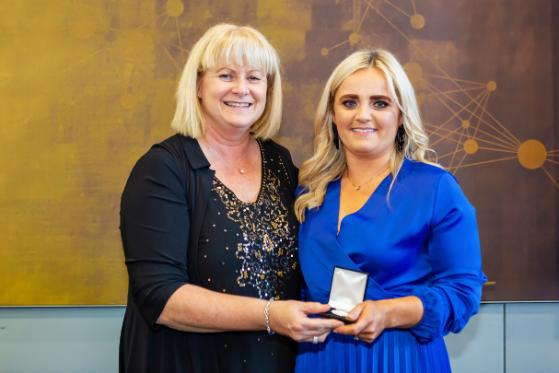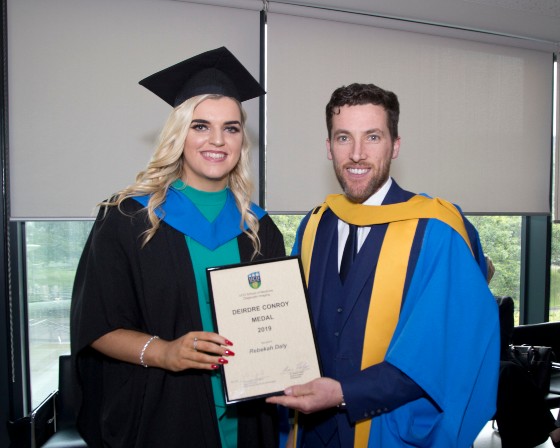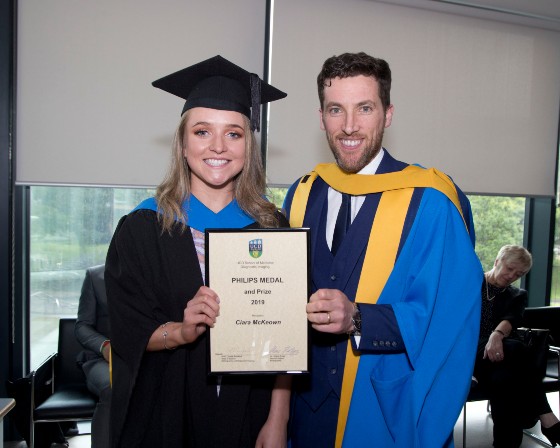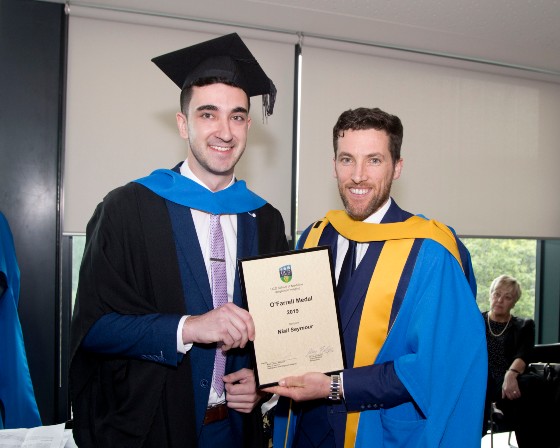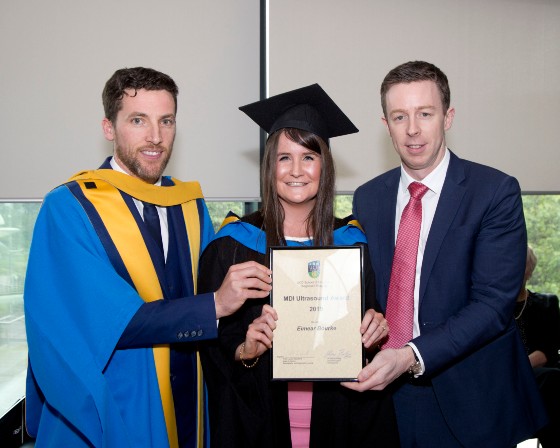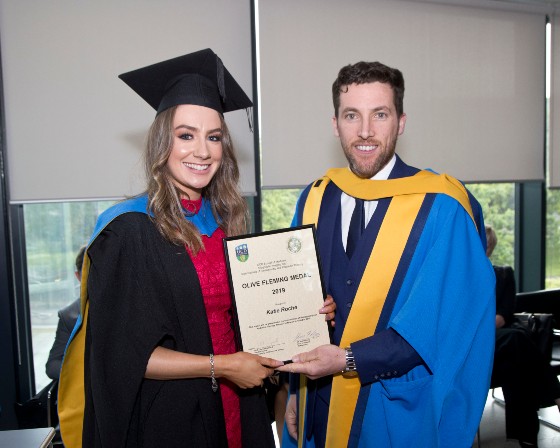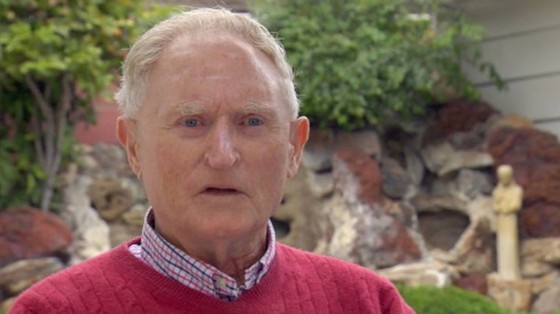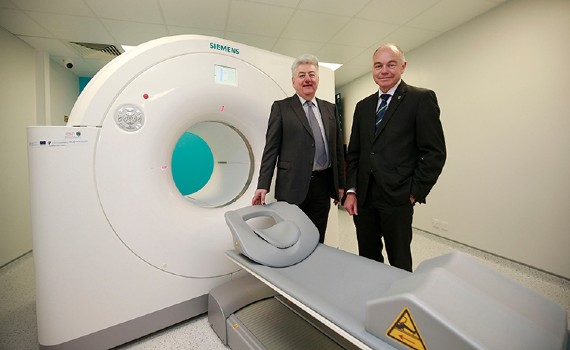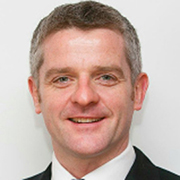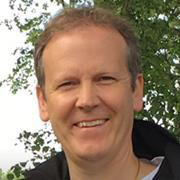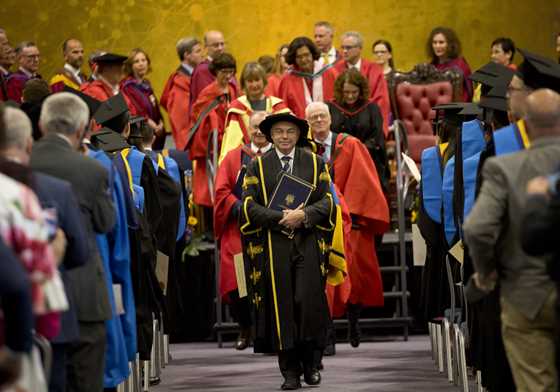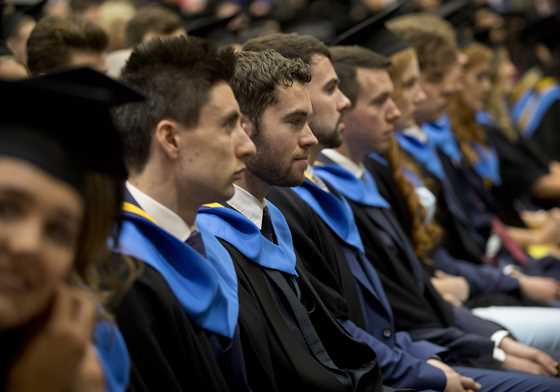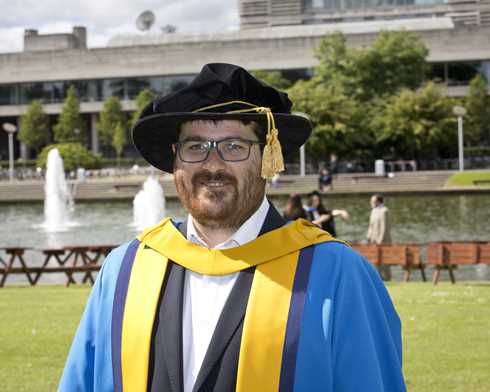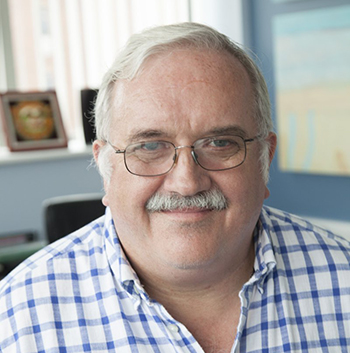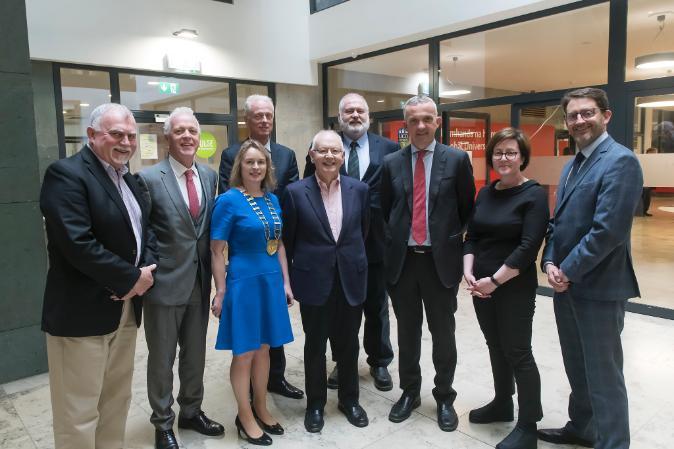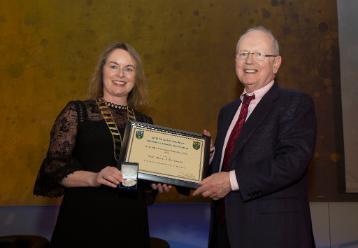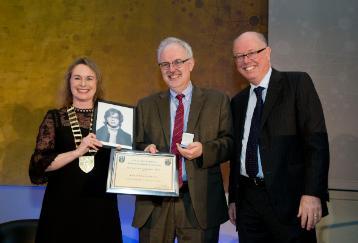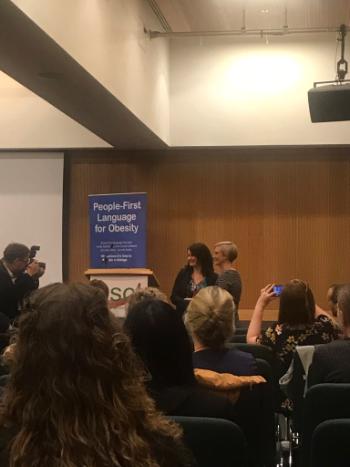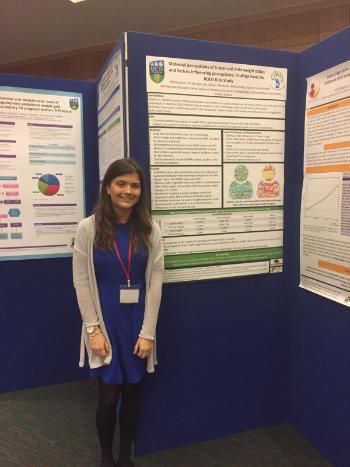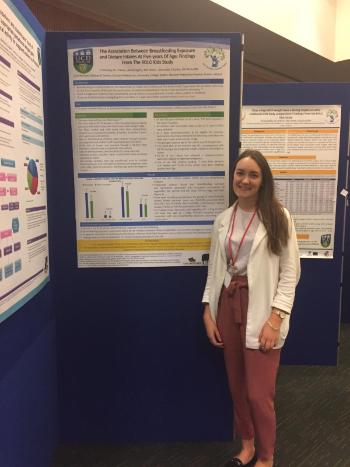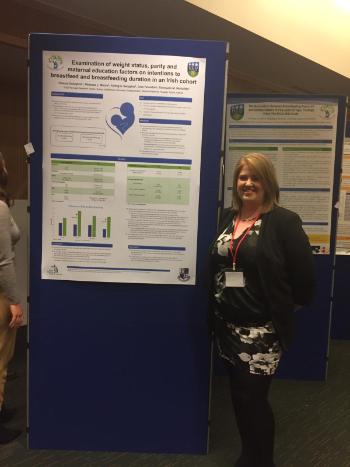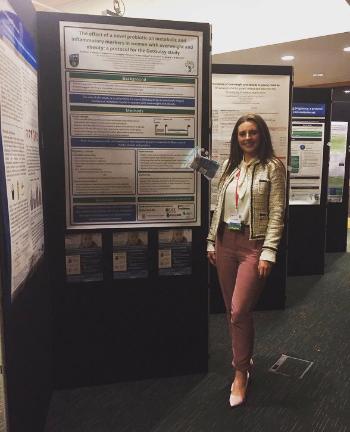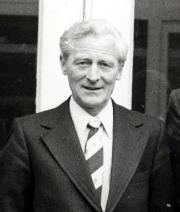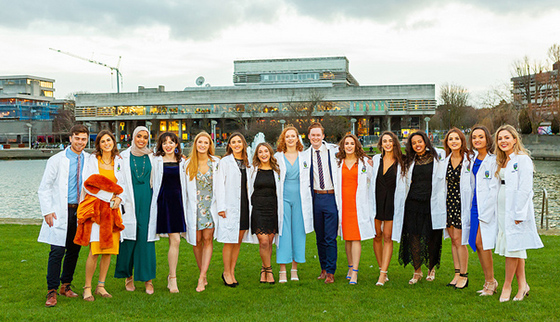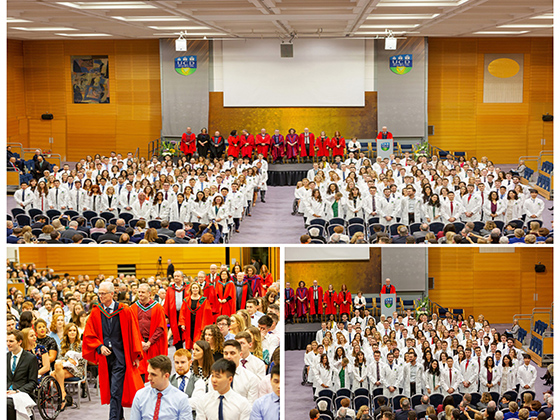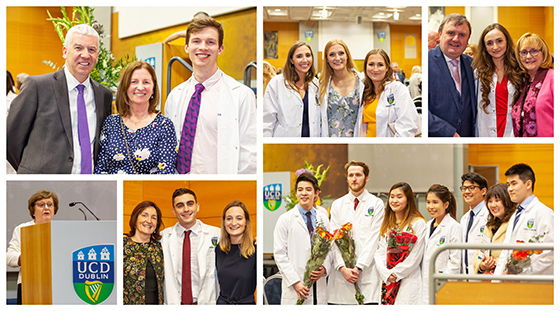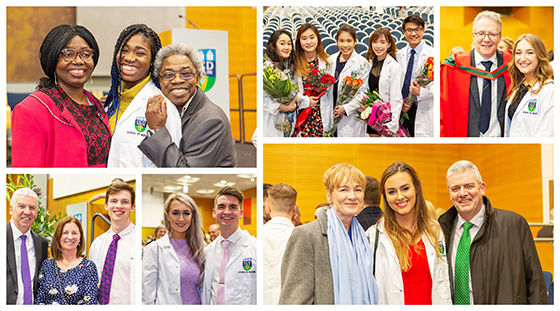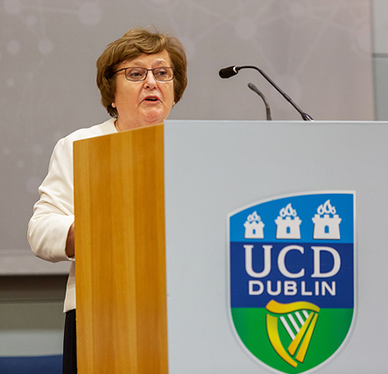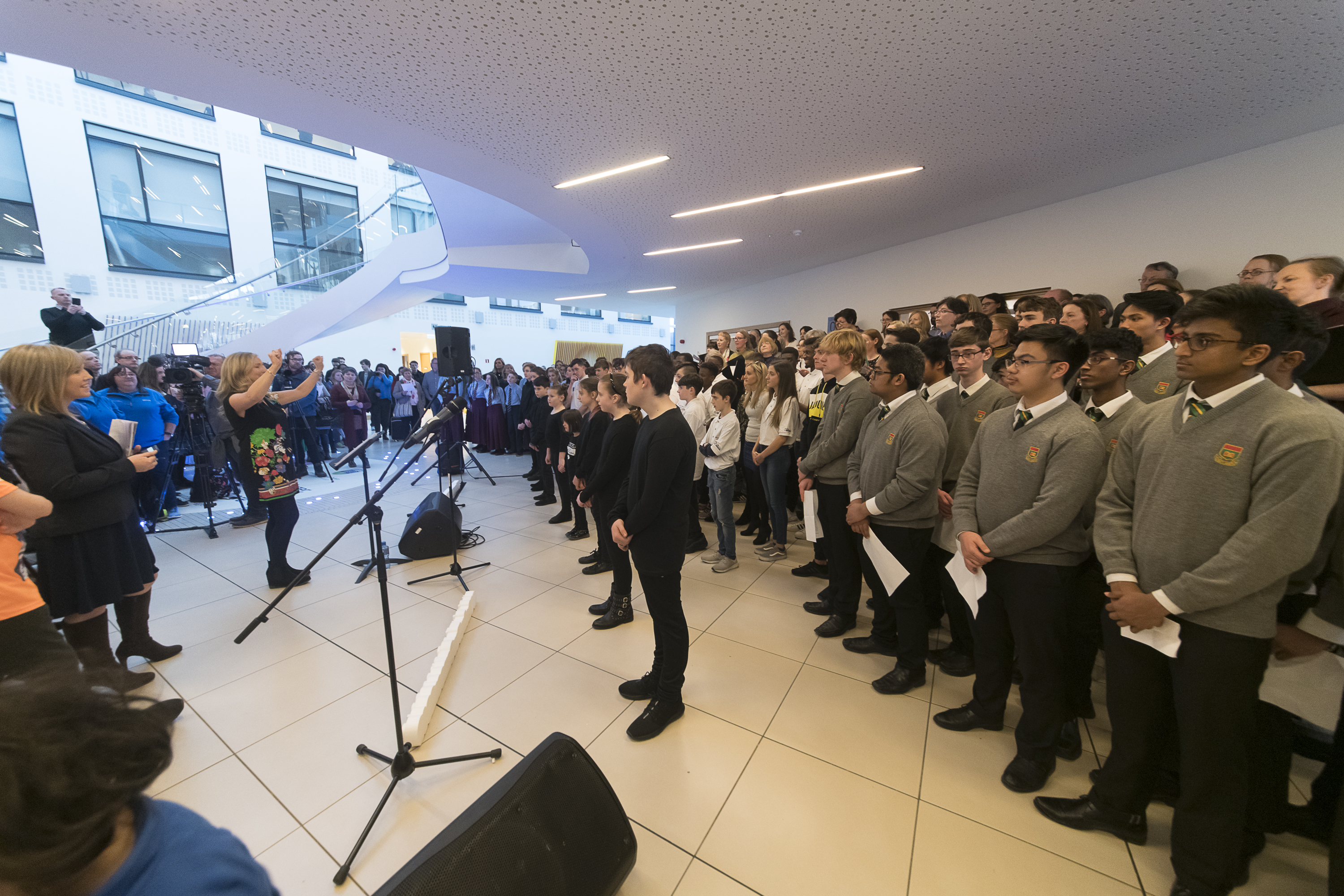Introduction & Overview
Introduction
I would like to thank Asim Sheikh and all of those responsible for the Graduate Diploma in Health Care (Risk Management and Quality) for your kind invitation to me to give you a "view from the bench'' in relation to medical negligence. - I stress that this is merely "a" view there is no one "the"' view because judges are individuals and I hope there is no party line. Accordingly, the views I give are my own alone. If. however any colleague were to disagree with what I say I have to advise you, they would be wrong!
I am steeped in medicine - my father was a doctor, one of my sons is a doctor, my grandfather was a doctor, I am the nephew of five doctors and I am the first in my family to have any interest in law. Indeed, I only studied for the Bar to keep my professionally minded parents happy that I was pursuing some sort of worthwhile career as I pursued my first love which was the study of history in this university.
Overview
I will suggest tonight that the present Tort system of the resolution of disputes caused by alleged medical negligence is, while not in any sense perfect. the best and only practical system contrary to its many detractors.
I will further suggest that the rise in the number of medical negligence cases in recent years is not suggestive of a fall in medical standards but probably results from, both a decline in deference to professionals (which is not unique to medicine) and a dramatically improved standard of medical care which has resulted in a number of patients who would have died shortly after birth surviving, though significantly disabled into adulthood.
The third point I wish to make is that the rise in damages does not represent any increase in compensation for plaintiffs for their pain and suffering but rather is due to the costs especially future costs of their care.
Liability
First of all, I wish to briefly give an overview of the tort system of litigation. What I will have to say in relation to the law may to many of you appear trite and to others possibly over-complex but a brief overview of the tort law and the law of damages is necessary.
To succeed in any tort action a plaintiff must prove on the balance of probabilities that the defendant was negligent or at fault. In medical negligence cases in order to succeed a plaintiff must establish a breach of the standard of care which was set out by the principles established in the leading case of Dunne v. The National Maternity Hospital [1989] IR p. 91.
The relevant principles are as follows: -
- Thr true test for establishing negligence in diagnosis or treatment on the part of a medical practitioner is whether he has been proved to be guilty of such failure as no medical practitioner of equal specialist or general status and skill would be guilty of if acting with ordinary care.
- If the allegation of negligence against a medical practitioner is based on proof that he deviated from a general and approved practice, that will not establish negligence unless it is also proved that the course he did take was one which no medical practitioner of like specialisation and skill would have followed had he been taking the ordinary care required from a person of his qualification.
- If a medical practitioner charged with negligence defends his conduct by establishing that he followed a practice which was general, and which was approved by his colleagues of similar specialisation and skill, he cannot escape liability if in reply the plaintiff establishes that such practice has inherent defects which ought to be obvious to any person giving the matter due consideration.
- An honest difference of opinion between doctors as to which is the better of two ways of treating a patient does not provide any ground for leaving a question to the jury as to whether a person who has followed one course rather than the other has been negligent..."
Accordingly, it can be seen that it is by no means an easy task for a plaintiff to succeed in a medical negligence action. The judge must accept that the medical practitioner is guilty of such a failure that no medical practitioner of equal specialist or general status or skill would be guilty of. In addition, following a relatively recent change in the rules of the court, a plaintiff is not normally allowed to establish his case with the aid of more than one specialist expert witness in any one field. As a matter of probability in a contested case this expert will be met by the defendant's expert and also probably by the evidence of the defendant who will himself or herself be a professional.
A case should not normally be commenced unless the plaintiffs practitioners have an expert report that supports a finding of negligence. This is a requirement of the law and also represents prudent practice.
It should be pointed out that the standards in Ireland in relation to medical negligence are virtually identical to similar standards in the law of England and Wales established by their case law.
Damages
If the plaintiff succeeds he or she is entitled to damages for the wrong inflicted.
The purpose of damages is to put a successful plaintiff, insofar as many can do so, into the same position as if the wrong had not been committed. Therefore, an injured plaintiff is entitled to all his expenses, loss of earnings, the medical expenses, costs of past and future care, costs of any aides and appliances therapies or should it arise any modifications to his dwelling house etc., etc., etc. These are matters that ought to be easily quantified and would be awarded by a judge if the judge considers them reasonable. These items are referred to as "'special damages''. The special damage today also represents by far the largest element of the vast majority of claims in the High Court. Where, for example, an infant suffers catastrophic birth injuries due to the negligence of the health providers the damages would be enormous. The main reason the damages are enormous in medical negligence actions is that such patients now have a relatively long life expectancy, due to an improvement in medical science, which would require possibly twenty-four-hour care for catastrophically injured patients and many aides and appliances all of which matters are very costly.
However large the special damages may be, in no sense can it be said that the injured person is given any advantage to his or her life. He or she is being given by the special damages the means to live as normal and full a life as is possible. You or I do not need fulltime carers to look after our bodily functions but catastrophically injured do.
In very many cases if thirty years ago or so similar injuries were suffered at birth that child would have quite possibly died shortly after the birth and in those circumstances either there would have been no litigation, as the potential plaintiff was dead, or their parents could have taken a wrongful death case with very small damages. Accordingly, the increase in damages arises from an improvement in medical care by the surviving of patients to live to a reasonably normal age which would not have been the case in the past.
Accordingly, what a catastrophically injured plaintiff is obtaining from such an action is not any 'gravy train" but the means to support as reasonable a life as money can buy. Ireland has chosen to visit the insurer with costs that in other countries are directly borne by the state. So if an injured party receives an award they lose their entitlement for example, to a medical card, therefore their continuing medical bills will have to be paid for by the insurer in addition to the other heads of damages. In England and Wales. the National Health Service would continue to act and this heading of damages would not arise in that jurisdiction.
In addition, of course to the special damages I have described, a successful plaintiff is also entitled to general damages for pain and suffering to date and into the future. It is these general damages that are the main focus of a sustained unfair but largely successful campaign that is being waged by the insurance industry.
When I started as a Barrister in the mid-1970's. general damages used to represent by far the largest portion in the vast majority of awards. Since the decision of the Supreme Court in Sinnott v. Quinnsworth in 1984, what has been described as a “cap" on general damages was inserted governing I would suggest the most catastrophic of cases where a plaintiff is being fully compensated by special damages for all their other needs. In such cases the general damages element which has been adjusted over the years for inflation was fixed some years ago at €500,000 and it represents frequently less than 5% of the total value of such catastrophic injury cases.
I should further point out by way of a side issue, that the level of general damages in all tort cases has decreased in real money terms over the years. This is contrary to sustained propaganda from the insurance industry that I believe unfortunately courts have subconsciously listened to this propaganda be influenced by it. I have written about this issue before but tonight merely point out that the number of serious road traffic accidents and indeed industrial accidents has thankfully decreased over the years. As I stated above the damages for pain and suffering has also decreased.
In the case of road traffic accidents, the number of insured vehicles is significantly higher today than it was thirty or forty years ago and therefore the number of road traffic accidents as a proportion to the number of insured vehicles on the road has dramatically decreased. And this must be combined with the decrease in general damages in real terms. Accordingly, for the insurance industry to blame the so called "compo culture" (a misleading phrase which I seriously deprecate) and general damages which are awarded to innocent injured plaintiffs for the huge level of premium increases defies belief. And yet this explanation from a vested interest group has been taken on board and trotted out unquestioned by some commentators.
The insurance industry rightly condemns fraudulent claims. Judges also condemn fraudulent claims. In my years as a Judge I can count on the fingers of one hand those cases in which I suspected there was an element of fraud. Fraudulent claims can and should be condemned. Unfortunately, it is not a fraudulent plaintiff who set out to fake an accident that will be discouraged by the insurance companies campaigns but rather innocent victims of wrongful acts who may not wish to vindicate their rights given the propaganda against tort claims. The insurance industry should be vigilant in reporting to the Gardai any claims that they believe to be fraudulent but the number of such claims which they have reported is tiny. It is fundamentally dishonest therefore to blame supposedly fraudulent claims on the cost of insurance. May I add that while the number of fraudulent claims suspected has been very small in no case regrading a claim for medical negligence have I even suspected the possibility of fraud.
What has occurred over the years is not an increase in compensation to plaintiffs for their pain and suffering but the costs of the special damages, the loss of wages, the cost of care, medical expenses. These expenses have risen in line with inflation and in certain circumstances medical inflation. In any event such increase in special damages does not benefit a plaintiff who has been paid for expenses which are actually incurred or which will be incurred.
Another reason for the significant increase in the total of damages over the years is that all damages are awarded by the judge in a lump sum on the day of the judicial determination. In relation to future expenses such a lump sum is calculated by actuaries based upon the believed real rate of return of investments. The money is therefore awarded in 2019 but may not be expended until 2050. This money is invested and earns a return. If a plaintiff suffers a€ I0,000 loss of earnings each year over a 10 year period they will not be awarded €100,000 because the money is paid into 2019 and can be invested over the next 10 years. Up to recently the courts used to suggest a 3% real rate of return on the investment of the fund to calculate future damages. That rate was excessively optimistic and resulted in the fact that the funds to pay for the future care of plaintiffs have in some cases run out, leaving an injured plaintiff with no fund to cover legitimate future expenses.
Since the case of Gill Russell was decided by the Court of Appeal, the real rate of return is now based on a calculation of 1½% or 1% which has resulted in a significant increase in damages. This increase has not brought any untoward benefit to the plaintiff but merely is designed to prevent the fund failing before its time.
It should be pointed out that in England and Wales the real rate of return is present at a negative rate which means that any such damages awarded there are significantly higher than in Ireland.
Difficulties
Why, many people ask, should we operate a "forensic lottery" (as has been described) and compensate only those who can prove fault and leave others with similar injuries dependant on state aid and the HSE. This question leads to the conclusion that every person who has been injured in an accident or who has suffered a bad result from a medical procedure should merely receive state aid. The overwhelming objection to such a proposal, attractive though it might seem in theory, is that any universal state provisions would either be so extraordinarily expensive as to be politically impossible or more likely would result in a significant reduction in facilities available to those who have been injured. In other words, those who have been injured due to fault would be given less than full care. The reality for those who call for an end to tort-based compensation is for those injured through the fault of others not to receive their just entitlements. If the true cost of future care for all those who have suffered medical mishaps or a bad result from surgery, irrespective of fault, may run to the millions of euros clearly State funding will not be able to offer that level of care for everyone.
Of course the level of care provided to all by the state may improve over the years then a number of items now not publicly available will be available to any patient as of right and the damages in these cases in tort would be reduced accordingly. Comparing damages in this jurisdiction to those in others is a dangerous exercise as we may not be comparing like with like. In the United Kingdom the National Health Services provides a level of care which we cannot at present match and accordingly, some of the headings which a plaintiff is entitled to be compensated for in a tort case in Ireland may be covered by the state in England and Wales. In France the State provides loss of wages over an extended period for all victims of road traffic accidents irrespective of fault. In Ireland it is only the innocent victims of a road traffic accident who can secure their loss of earnings and do so at the expense of the insurance company and not of the State.
I would argue for unseen benefits of litigation and tort damages is that over the years, litigation, and the fear of litigation. has resulted in increased levels of health and safety and has been at least partially responsible for the decline in the number of serious accidents on the roads and in factories. Look at a building site today and compare that with 50 years ago and you will see a most welcome increase in safety which has led to a decline in industrial accidents. In the medical negligence sphere many lessons have been learnt and are still being learnt and applied. Hospitals and doctors are now much more ready to apologise and to explain where mistakes occur.
It is frequently said, and I thoroughly agree from my experience, that often the main or sometimes indeed the only thing that a patient wants is an explanation and an apology where that is due. I believe many cases, especially of the less serious variety, would never have been taken if the patient had been told what went wrong and a good explanation given.
I believe lessons have also been learned in the process of litigation by defendants and their representatives. I fully appreciate that when dealing with public or indeed indemnifier's money, the defendants, especially the HSE or the State Claims cannot admit liability in the vast majority of cases until they have obtained expert reports. It is my experience that defendants are now much more prepared to admit liability at an early stage than was the case when I was in practice at the Bar. Such admissions given consolation to the plaintiffs and can lead to early amicable settlement of the case.
A further important measure that the medical authorities have taken which may prevent cases being launched in certain circumstances and in other cases may provide the defendants with a good defence is that the quality of notes taken by doctors and nurses and health professionals has greatly improved. In the past scant regard was often paid to the professional obligation of doctors or nurses to take proper notes. Individuals' memories can frequently be flawed and people believe that a certain set of circumstances have occurred when that it not the case. This is not to suggest any mendacity by any witnesses but by the time a case comes to trial memories have indeed altered and people are more convinced by the time of the trial that their side is correct. Accordingly, where the health professionals record oral complaints and examinations and findings in notes made contemporaneously this can be a powerful assistance to the defence.
These notes will be made available to the other side by way of discovery and the existence of complete notes might well result in cases being discontinued. In addition, the fact that notes are now computerised has meant that any possibility of notes being retrospectively written up in the knowledge of possible litigation or indeed altered is considerably lessened.
I must also add that in a number of recent cases in which plaintiffs were likely to die in a short period of time, the HSE and other defendants have been more than cooperative in allowing these cases to be brought to trial in a record short time. I feel that these efforts have not resulted in adequate credit being publicly given to the HSE and the defendants for this cooperation. Had the HSE and other defendants chosen in some cases to insist upon a longer time frame before the cases were set down for trial then it is quite possible that the patients might have died before the case could be determined.
Objections
What I have said should not be taken as a total apologia for the present system. There are many difficulties, one of the major difficulties is that a court awards a lump sum based upon the probabilities of the evidence as to the future course of a plaintiff's injury. Should a plaintiff make a better recovery than expected then a defendant cannot return to court and say that the plaintiff was over compensated. Similarly, should injuries persist resulting in a longer than expected time before recovery or indeed result in no recovery at all, then the plaintiff would be left under compensated and cannot similarly return to court and, Oliver Twist like, ask for more.
In significant medical negligence cases this problem can be more extreme and serious injustice caused if, for example, as has happened the damages awarded by a court are prudently invested but the fund runs out as the damages were calculated to be invested at an expected return that was much more generous than proved possible. This problem has potentially been dealt with by the Gill Russell case referred to above but it is possible that that case may have produced an over hopeful view as to the future real rate of return and the figures may have to be revisited. As stated above in England and Wales the real rate of return on investments is now a minus figure. On the other side, if a plaintiff was presumed to have a future life expectancy of say thirty years but died after five years, there would be an undeserved windfall for the family of the plaintiff who would be entitled to the residue of the damages.
To overcome these difficulties a system of Periodic Payment Orders was introduced in the case of catastrophic injuries in 2018. This system itself is not without difficulties and is over cumbersome. As far as I am aware defendants now, if they are negotiating by way of settlement any periodic payments, insist that the full complexities of the 2018 Scheme be incorporated in that settlement. This is unnecessary as parties can agree any reasonable settlement among themselves. A Periodic Payment Scheme may involve appearances in court every three or five or seven years with resulting multiple intrusive examinations of the patient every three five or seven years. It would also result in further costs being incurred every time the case is re-mentioned. Accordingly, some defendants dislike the scheme and indeed some plaintiffs who also prefer to have payment on a once off basis. However, a Periodic Payment Scheme, if the difficulties can be overcome, is especially helpful in cases where there is a divergence of opinion as to the future life expectancy of the plaintiff. Similarly, if the case is taken while a plaintiff is five or six years old significant differences in the level of care might result when that person reaches their teenage years. It is best that courts do not speculate as to what differences might be but rather have at a later date the actual evidence before them.
The costs of litigation, especially medical negligence cases and more especially those involving catastrophic injuries are, of course, a major problem. These actions are very expensive for a solicitor for the plaintiff or indeed for the defendant to mount as they will require a number of experts usually from out of the jurisdiction in relation to liability and further experts in relation to care, aides and appliances and future therapies to be engaged.
Of course should a plaintiff fail in an action he may well be liable to pay the defendants costs. Accordingly, actions cannot be taken without the benefit of a strong supportive medical report and any plaintiff or their family has to be advised by their solicitor as to the risk of failure.
All litigation, and especially medical litigation, is very expensive. This is why it is in everyone's interest that claims are, where possible, settled at an early stage. This is why a mediation scheme should be encouraged. However, it should also be pointed out that in recent years the legal costs allowed on taxation has been reduced and it should also be remembered that in England and Wales the legal costs allowed to lawyers in contested negligent actions are significantly higher than they are in Ireland.
To meet the problem of legal costs there has been a significant and welcome growth in mediation which has often resulted in an early settlement of claims without going to court. I am sufficiently long in the tooth to wonder could not many cases be equally amicably settled by counsel on both sides meeting and settling without the benefit of a mediator whose costs have also to be paid but I am advised by people whose views I accept that mediation is beneficial in many such cases especially where emotions are running high and more especially in medical negligence cases.
Any settlement especially early settlement is to be welcomed as the courts are simply not resourced with sufficient judges or staffed to handle the number of cases listed each day unless a significantly large percentage are settled by agreement. Once a case is opened in court and evidence is given it is much more difficult to resolve the issues amicably as the parties are sometimes wounded by a public ventilation of issues.
It is with this in mind and also to save court time, that in some cases I have set in place a scheme of alternative dispute resolution (ADR). In particular, a largely successful scheme has been established in those cases taken against the De Puy in respect of allegedly defective artificial hips. This ADR scheme results in a paper determination by a senior counsel or retired judge. Either side may reject the award and proceed to court.
Such a scheme requires the cooperation of both sides and is only suitable in cases such as the De Puy hips where before any case was resolved in court by judicial determination it was reasonably clear that the defendants knew that those persons who qualified for the scheme were likely to succeed were the matter to proceed to court.
Such an ADR scheme has unfortunately no place where there is no consensus in relation to liability, as for example the Cervical Cancer Cases as in these the defendants can make the case that even if the original screen was incorrectly read, this was done without any legal fault or negligence in accordance with the Dunne principles. Accordingly, when in response to a largely misinformed and very unhelpful tidal wave of public fury when these cases came to light, the Government established after the Meenan Report a system of hearing such cases outside court under Ms. Justice Irvine, such a scheme does and indeed must involve Ms. Justice Irvine or her panel hearing evidence and the examination and cross-examination of the witnesses including the claimants. Availing of this scheme may have attractions for those who do not want publicity. The scheme is in response to a Government promise that a system for resolving these disputes outside court would be established, however the non-court system dealing with these cases will have to decide them in accordance with Law and the Dunne principles in precisely the same way as would a court. Furthermore, as must be the case, under the scheme there is a right to a full appeal by either side to the High Court which might result in merely a second layer of forensic examination for the claimants and indeed a further layer of costs.
The scheme established does of course have the right to automatic anonymity and all evidence is heard in private. There is, however, scope for the courts at present where the health of any witness would be interfered with by their identification to order non-publication of their names. This right has been upheld in favour of claimants in the cervical cancer cases by the court. It would have been open to the Oireachtas to direct that all of the cervical claims cases were to be held in private should they have wished. It remains to be seen what affect the non-court scheme under Ms. Justice Irvine will have and I wish it well.
These cervical cancer claims require either a court determination or a finding under the new scheme. If liability is an issue the same questioning of the same witnesses will be required. There is in my view no other solution to these claims. If, for example it as has been urged the HSE were to admit liability to all cervical check patients and then sought to recover from the laboratories, the HSE would be in precisely the same position as the plaintiffs and would have to prove that the laboratories were negligent in any action against them. The likelihood is, as seen in the Scally Report that many of the misreadings occurred without negligence. Should the state compensate all persons whose slides had apparently been misread, without any establishment of liability, then in those cases the state would have gratuitously expended public money, probably millions of Euro where they had no liability to do so and where they could not be reimbursed by the laboratories.
The best way to minimise costs in those cases which cannot be settled or mediated at an early stage is to get the cases to trial in court as speedily as possible without any unnecessary interim applications. Many judges like to indulge in "case management" believing that judges rather than the parties are best equipped to bring cases to trail efficiently. In tort litigation I am profoundly of the view that that is mistaken. I believe this sort of judicial thinking is an example of the famous judge's disease or crititis. All judges inevitably will suffer from crititis sometime or another. It is reflected in a view that somehow or another a judge has a function other than to decide the case in front of them on its merits. We all tend to take our job to seriously. We all tend to suffer from crititis caused by years of being exposed to '"may it please you" from the barristers in front of you. The aim of every judge must be to reach retirement before the crititis has become full blown critomania!
I believe that the minimum amount of pre-trial procedure is the most economic way of proceeding and resorting to case management merely serves to massage certain judges' egos. With a minimum amount of goodwill many cases can be brought to trail very speedily. If there are sufficient judicial resources granted, then there is no need for any backlog in cases and trial dates up to this year can be given to any case that is ready within a matter of days. Where urgency requires it the most complex of cases involving major issues of liability causation and damages can be brought to trial and have been brought to trial within a matter of a few months or in some cases weeks from the plaintiff entering the solicitor's office.
Conclusion
My view from the bench is that I do not see any realistic alternative to a tort based resolution of claims through the courts. If the courts are given sufficient resources, claims, even the most complex of claims can and have been resolved from the time of the initial complaint by the solicitor to a ruling by the court in a number of months or indeed possibly a number of weeks. The cost of mitigation is I fear always going to be a serious problem but costs of contested litigation in Ireland are less than those in England and Wales. The alleged inefficiency and so called unnecessary delays in the court system are quite simply untrue. With the cooperation of the parties in litigation, litigation can be conducted efficiently and expeditiously. The less preliminary applications to judges the better but the main cause of any delays in litigation is the shortage of court resources which I hope will be addressed in the near future.
To slightly misquote Mr. Churchill "give me the tools and I will finish the job"'.

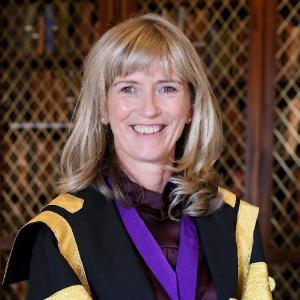
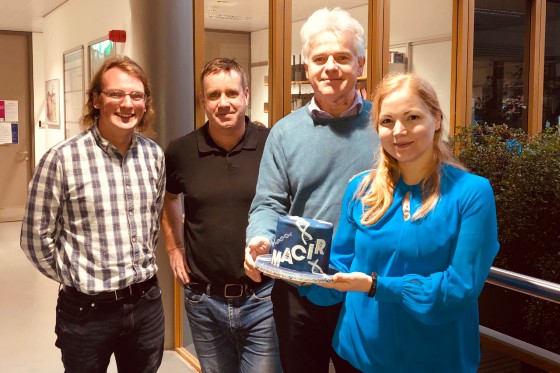
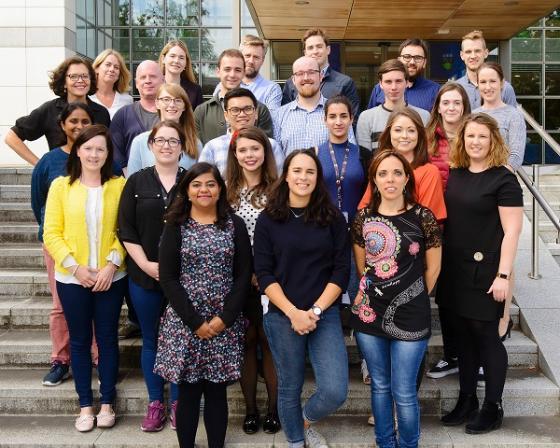
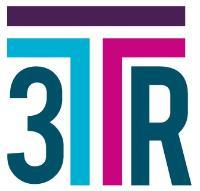



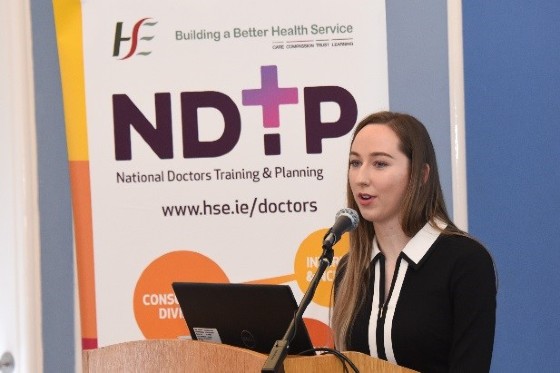
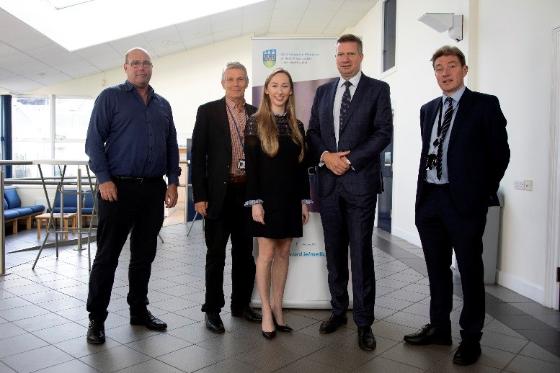
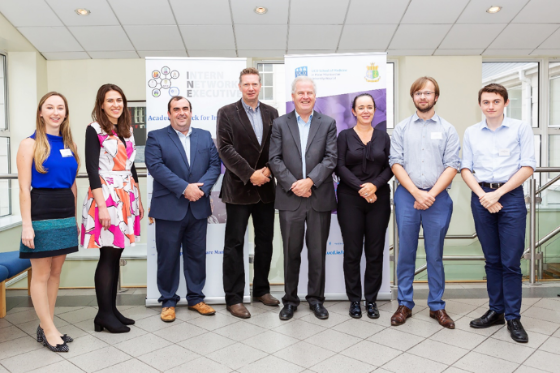
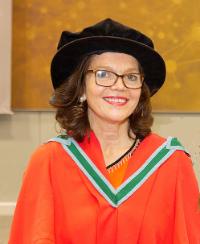
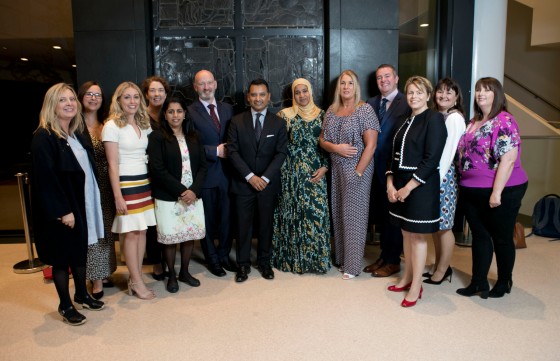
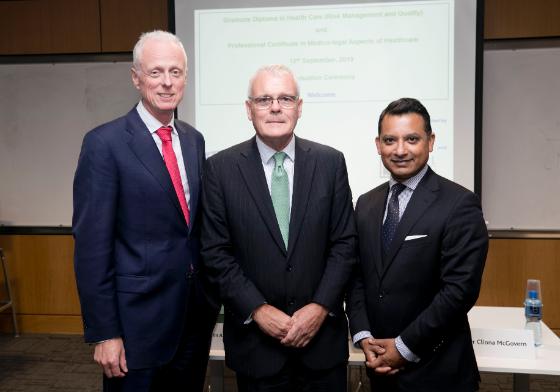
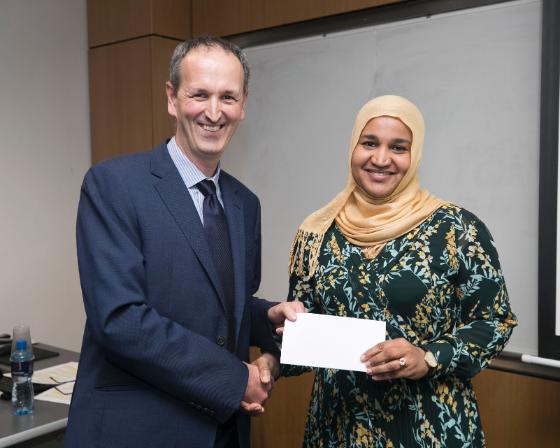
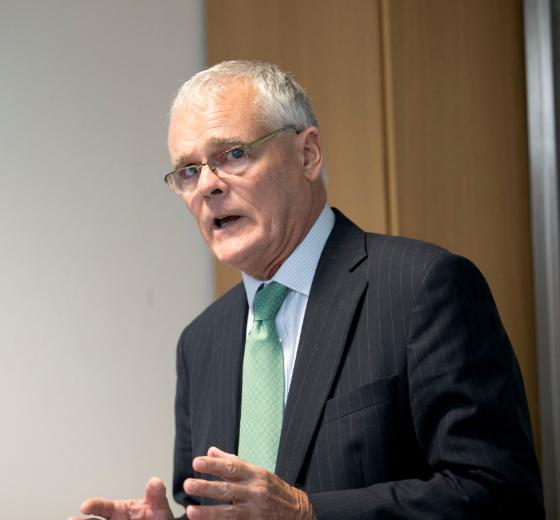
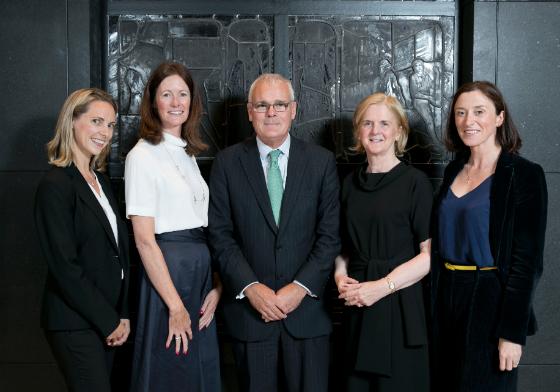
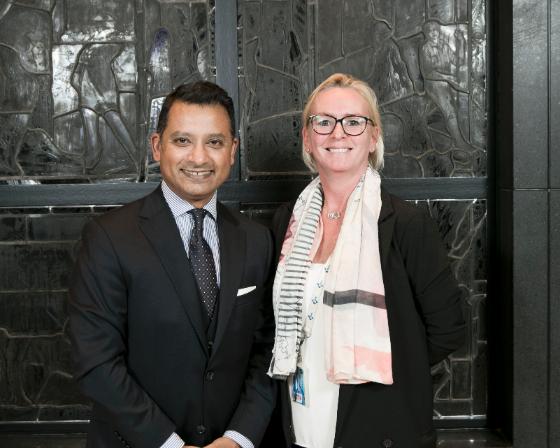
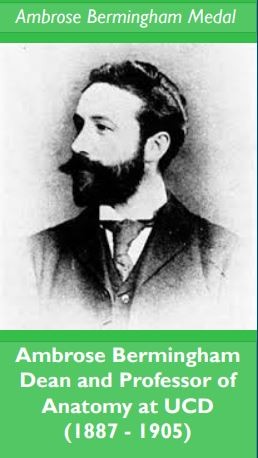
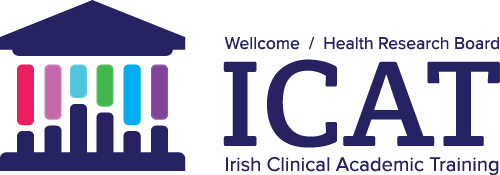

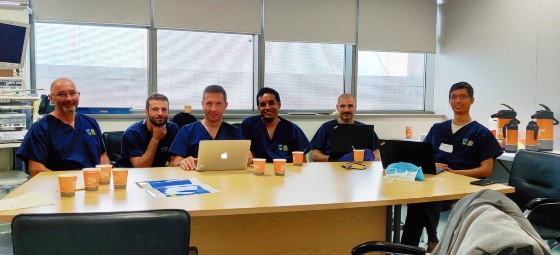
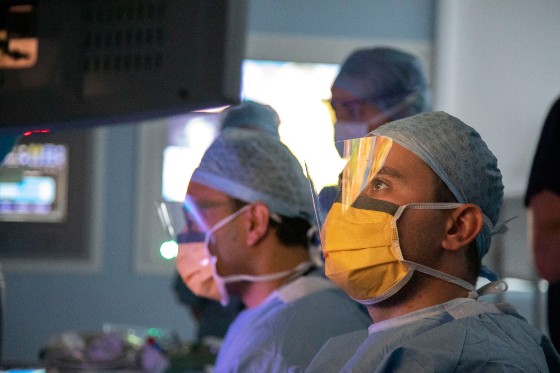
.jpg)
